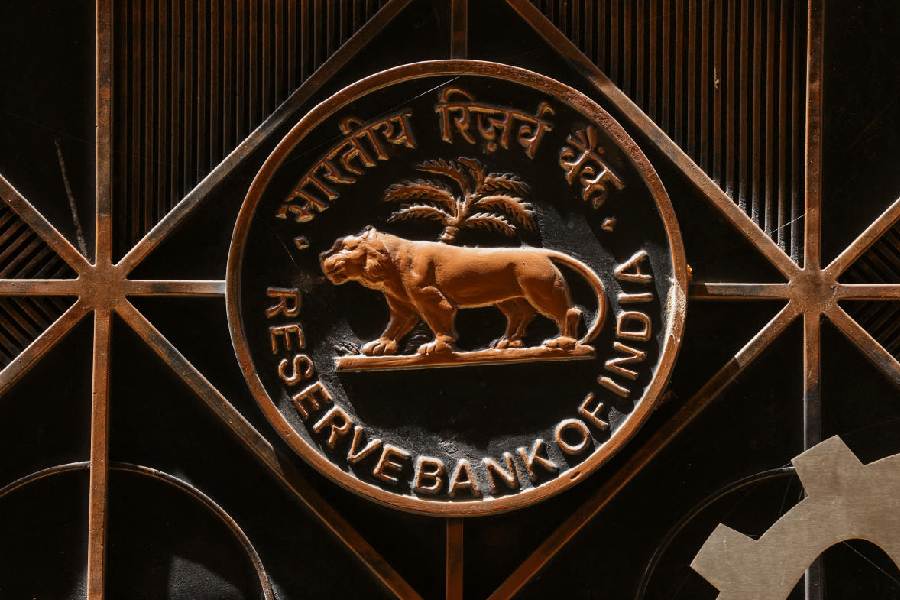India’s current account deficit (CAD) widened on a sequential basis in the April-June 2023 quarter, following high trade deficit coupled with lower surplus in net services and a decline in private transfer receipts.
CAD which represents the difference between exports and imports of goods and services, among others, increased to $9.2 billion (1.1 per cent of GDP) from $1.3 billion (0.2 per cent of GDP) in the preceding quarter, the Reserve Bank of India (RBI) said on Thursday.
While the trade deficit rose to $56.6 billion from $2.6 billion in the preceding three months, the RBI said that net services receipts decreased sequentially, primarily due to a decline in exports of computer, travel and business services, though it was higher on a year-on-year basis.
Private transfer receipts, mainly representing remittances by Indians employed overseas, moderated to $27.1 billion in the quarter against $28.6 billion in the quarter-ago period though it was higher on a year-on-year basis.
According to Dharmakirti Joshi, chief economist, Crisil, the fall in remittances, is worrisome and it will bear watching, more so because of slowing global growth.
"This can have a bearing on CAD, which was anyway expected to rise sequentially in the first quarter of this fiscal because of higher merchandise trade deficit and softening in services trade surplus,’’ he added.
Aditi Nayar, chief economist, Icra, said the widening of CAD trailed their forecast led by a healthier than anticipated trade balance, even as the services trade surplus and balance of secondary income were smaller than anticipated.










